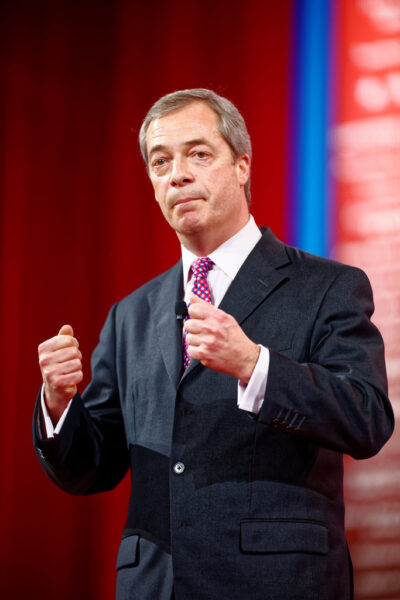In The Critic, Kara Kennedy considers the possibility that Jeremy Clarkson, the petrolhead’s petrolhead, might actually have a soul:
The last truly poignant thing I watched on television was a show about a grumpy farmer raising piglets. He’s a city gentleman new to farming, but what may have started out as a gimmick has, over three growing seasons, transformed into a real calling. Or a passion, even. And one that, in some moments, sees him battle with life and death. Unfortunately, for a lot of the little piglets, it was death. After watching their births — their first moments and last, after their delinquent pig mothers smothered them without a care in the world — I cried. My husband cried. The friends who we harangued to watch the season again with us cried. And Jeremy Clarkson cried.
Yes, I am talking about Jeremy Clarkson on Clarkson’s Farm, streaming on Amazon Prime Video. Clarkson, over the last few decades, has made a career for himself in part by being easy to hate. It is uncomfortable for everybody, himself included, that the miserable boomer has turned into an unlikely national treasure, and all it took was some honest work.
Clarkson is cultural marmite. After 35 years on the BBC’s Top Gear, he is revered in the petrolhead community as a god. Newspapers love him because he’s impolite and will sell some prime “you can’t say anything anymore” content. Meghan Markle hates him after he once wrote he was “dreaming of the day” that British crowds threw lumps of shit at her. Feminists hate him for mostly that same reason. Leftists hate him for writing once that striking workers should be “shot in front of their families”. As for the denizens of the countryside, he has maintained a multi-decade fight in his newspaper column with ramblers.
Basically, the answer to whether you like Clarkson relies really on whether you take what a funny old guy says seriously. But there are some legitimate grievances towards the presenter too. When he was finally bounced from the Beeb, it was because he punched a producer. And as annoying as the people who had long had it in for Clarkson had always been, it is not some new Gen Z norm or innovation of “cancel culture” to say you can’t physically assault your colleague. That said, the producer in question did sue him for racial injury, which is a bit closer. (He called him Irish, for God’s sake!) The crux of it, anyway, is that Clarkson is badly behaved and probably too inconsistent to be trusted by any major TV network. He wound up on Amazon Prime’s The Grand Tour, a just-changed-enough-to-be-legal Top Gear clone, once again drawing a massive and mostly male audience that loves to memorise the 0-60 times of cars only oligarchs can ever afford.
But, once The Grand Tour began winding down — it now returns just for the occasional travel special — the old presenters went off to make spinoffs for Amazon. And Clarkson decided to make his, and to rejigger his Times column, around his 1000 acre country farm in the Cotswolds. And that is where, through epiphany, necessity, human nature, act of God, or sheer growing up, Clarkson was reborn as someone who not just the lovers of edgy humour and high horsepower figures can admire.








